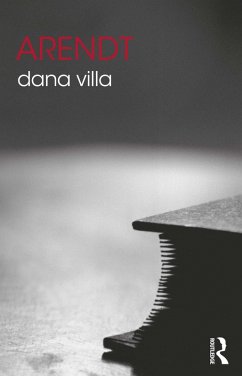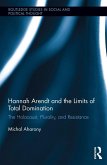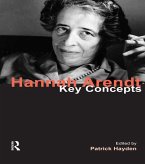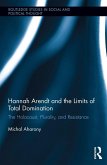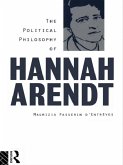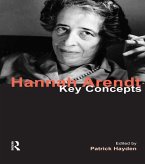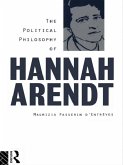Dieser Download kann aus rechtlichen Gründen nur mit Rechnungsadresse in A, B, BG, CY, CZ, D, DK, EW, E, FIN, F, GR, HR, H, IRL, I, LT, L, LR, M, NL, PL, P, R, S, SLO, SK ausgeliefert werden.
"No student of Arendt should be without this excellent book, which will doubtless become a classic in the field. It combines breadth and depth in discussion of Arendt's major works, and is written in beautifully clear prose. Detailed analysis is interwoven with sharp philosophical commentary, exemplifying Arendt's concern with 'worldliness' by connecting her thinking with recent political concerns." - Frisbee Sheffield, University of Cambridge, UK

